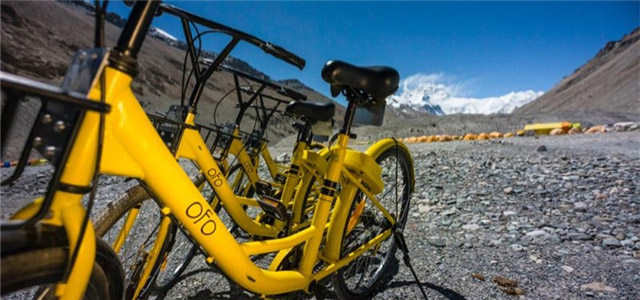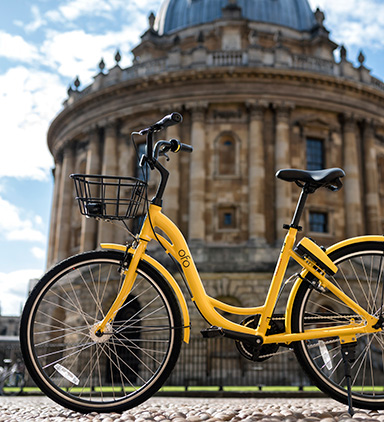- Corporate
- Corporate news and information
- Consumer
- Phones, laptops, tablets, wearables & other devices
- Enterprise
- Enterprise products, solutions & services
- Carrier
- Products, solutions & services for carrier networks
- Huawei Cloud
- Cloud products, solutions & services
Select a Country or Region
- Australia - English
- Brazil - Português
- China - 简体中文
- Europe - English
- France - Français
- Germany - Deutsch
- Ireland - English
- Italy - Italiano
- Japan - 日本語
- Kazakhstan - Қазақ тілі
- Kazakhstan - Pусский
- Kenya - English
- Korea - 한국어
- Malaysia - English
- Mexico - Español
- Mongolia - Mонгол
- New Zealand - English
- Netherlands - Nederlands
- Poland - Polski
- Romania - Română
- Russia - Pусский
- Singapore - English
- South Africa - English
- Spain - Español
- Switzerland - Deutsch
- Switzerland - Français
- Switzerland - Italiano
- Switzerland - English
- Tanzania - English
- Thailand - ภาษาไทย
- Turkiye - Türkçe
- Ukraine - Українська
- United Kingdom - English
- Uzbekistan - Pусский
- Uzbekistan - O’zbek
- Vietnam - Tiếng Việt
- Global - English
This site uses cookies. By continuing to browse the site you are agreeing to our use of cookies. Read our privacy policy
HIGHLIGHTS
As the market expands and industry models continue to develop, the sharing economy has begun to truly mature. By June 2017, for example, more than 100 million people had used China’s shared bicycles. The nation’s Belt and Road Initiative has further helped the shared bike phenomenon spread through Southeast Asia, Central Asia, and even Europe and the US.
But, the popularization of sharing services has led to rising expectations and users are no longer satisfied with the basic sharing service. They want a bike exactly when and where they need one. And they want to pedal away quickly. As well as frustration at how easily the bikes can be damaged, complaints about slow unlocking and payments are on the rise.
ofo has consistently optimized its operations and marketing to become the world’s largest shared bicycle platform with the highest market share. But a range of challenges still remain, including inefficient equipment management, failure to balance communications and power dissipation, and low density of data collection sites.
In response, ofo explored new possibilities of smart management, and decided to work with a number of ecosystem partners to move the sharing economy one step closer to the intelligent era.

ofo has 8 million bikes in China and 25 million rides occur daily. Globally, it serves more than 100 million users from 170 cities in 9 countries.
CHALLENGE
Whether it’s shared space, books or bikes, the sharing economy is built upon the concept of “use it when you need it.” The Chinese government describes the sharing economy as an excellent example of supply side reform that drives wider economic restructuring. With this official seal of approval and strong popular interest, any sharing platform can succeed if it knows the market and has the right amount of technical integration and support.
One of the challenge is unsustainable business models, as companies that go for maximum user numbers soon lose their competitiveness. However, market segmentation based on analytics can focus on and retain high-value users.
For the shared bike scenario, two approaches can revitalize a jaded business model:
- Implement smart management.
- Seek partners for new innovations.
ofo has consistently optimized its operations and marketing to become the world’s largest shared bicycle platform with the highest market share. But a range of challenges still remain, including inefficient equipment management, failure to balance communications and power dissipation, and low density of data collection sites.

SOLUTION
The company’s top priority was to introduce and popularize smart locks to improve user experience and enable all kinds of value-added services.
In the past, although a variety of electronic smart lock technologies had certain strengths, they invariably had at least one glaring defect, for example, network compatibility, battery life, communication costs, or use.
The NB-IoT solution provides strong coverage in poor-signal areas and a network capacity that’s more than one hundred times stronger than standard terminals. The payment process has dropped from 25 seconds to less than 5, while battery life has been lengthened from 1 or 2 months to more than 2 years, saving costs and reducing the need for frequent maintenance.
Three key pillars support ofo’s tech upgrades: the company’s own platform, the commercial network provided by China Telecom, and Huawei’s intelligent chip-based NB-IoT solution. At the core is Huawei’s IoT solution, which includes smart chips, networking, and an IoT platform.
Ofo’s cooperation with Huawei on NB-IoT smart locks is a stepping stone to further maximizing the company’s potential and raising standards for its entire industry.
Huawei’s technology optimizes lifecycle management for locks, while the sensors on the locks collect information such as equipment status, user data, and operating data. They connect the front- and back-end industrial chains to achieve intelligent business management, allow the bikes to be located in hot spots, facilitate rapid maintenance, and boost marketing and VAS capabilities.
RESULTS
ofo’s tech-driven operational upgrades open the door to smart management
Scenario: Improvement in both get-off-work efficiency and bike-operation efficiency!
As urban expansion has led to longer commutes, more office workers are choosing to ride shared bikes from the subway station to the office. NB-IoT technology not only allows ofo to ensure its bikes are positioned at peak locations when commuter demand is highest, but also allows for 100% successful unlocking within just one second, ensuring greater satisfaction for busy commuters.
When launching its NB-IoT solution earlier this year, ofo founder and CEO Dai Wei commented that the cooperation between ofo, Huawei and China Telecom is a “mutually beneficial joint force of three global leading enterprises.”
While Huawei and China Telecom provide the necessary tech support, this is only the beginning of smart management.
ofo takes the lead in using Huawei's IoT smart platform, jointly driving the sharing economy towards the intelligent era
Key technology platforms for the sharing economy in the mobile area exist in the areas of perception, networking, and application. Perception is the ability of shared equipment to obtain data through sensors. Networking lets equipment process and analyze data. And application is the ability to deliver smart management.
This kind of mutually beneficial partnership is emerging as the best guarantee for innovation and progress in not just the sharing economy, but in all industries. With the right partnerships and technologies underpinning new business models, the smart sharing economy is destined to improve life for all and, in ofo’s case, contribute to a greener and cleaner world.
 Download(PDF 349KB)
Download(PDF 349KB)- Tags:





